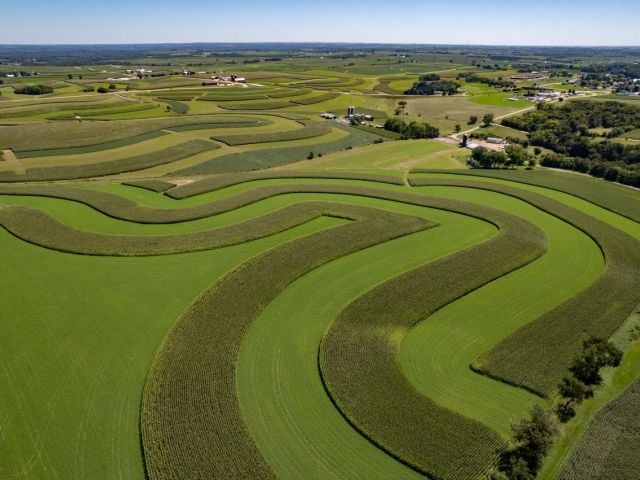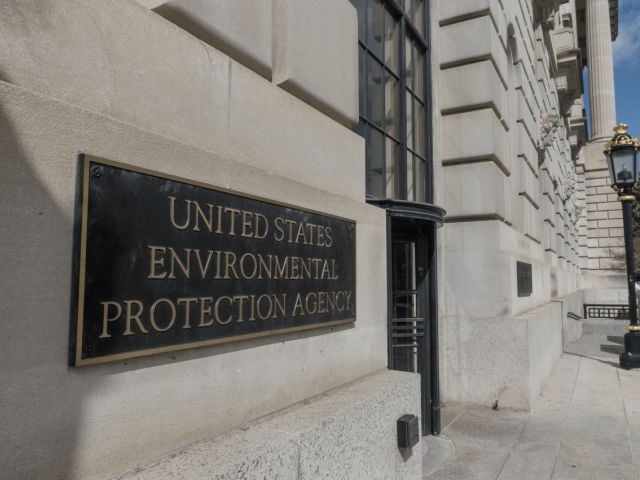
Mother Nature has good news for people who love bad news.
According to the long-term spring weather forecast produced by the National Oceanic and Atmospheric Administration, the drought in the Great Plains and Southwest will continue, temperatures will be warmer than average nationwide, and potential for floods will rise.
In short, we are living the consequences of inaction on global climate change.
The federal agency’s “U.S. Spring Outlook,” based on “current conditions of snowpack, drought, soil moisture, stream flow, precipitation, Pacific Ocean temperatures and consensus among climate forecast models,” says all of those factors are aligned to deliver more of the same kind of weather Americans experienced last year. For instance, NOAA researchers predict that last year’s drought, one of the worst on record, will persist or intensify in much of the Southwest and Great Plains in 2013.
Inaction costs

A prolonged drought can wreak havoc on farmers and taxpayers alike, as the Dust Bowl era demonstrated. The dire weather prediction should come as a wake-up call to policymakers in Washington who deal with fiscal problems. The risk of an intensifying drought coupled with flooding this year will likely result in an increasing bill for taxpayers, who have already paid $7.4 billion in subsidies for 2011 and around $6.9 billion last year. As of mid-August 2012, more than half the nation’s corn production was in areas hit by extreme drought. Winter snows have only slightly lessened the threat of the drought becoming chronic and capable of producing a second Dust Bowl.
The farm bill now under consideration by Congress must address the current state of the federal crop insurance program and its relationship to climate change in order to stay ahead of natural disasters. The nation’s badly broken federal food and farm policy is doing little to help farmers adapt to climate change or mitigate the damage. Highly subsidized crop insurance gives farmers little incentive to engage in climate-friendly planting practices, because farmers know that taxpayers will step in to pay the cost of drought and flood-ruined crops. The U.S. Department of Agriculture pours salt on that wound by tossing farmers out of the crop insurance program if they plant carbon-sequestering cover crops.
Lawmakers who care about the future of American food production should start by limiting the perverse incentives in the federal crop insurance program. Crop insurance encourages farmers to release large volumes of greenhouse gases by plowing up and cultivating virgin prairie. Congress and the Obama administration need to take the uncontroversial step of requiring farmers to engage in engage in basic environmental protections in exchange for generous federal subsidies.

Beyond environmental concerns, the NOAA forecast says that the risk of flooding in agriculture-heavy areas in the upper Midwest is likely to be worse than last year across the country. Again, broken federal policy will likely excaserbate the damage from flooding. Crop insurance and high prices for corn driven by the misguided corn ethanol mandate are encouraging farmers to drain wetlands in the prairie pothole region to convert that land to production. This region is comprised of a vast network of shallow wetlands that serves as essential drainage and retention zones for spring snowmelt.
When the next farm bill finally comes up for debate, Congress must rectify dangerously broken farm and food policy. Otherwise, we risk our food system continually under siege by drought and flooding.



